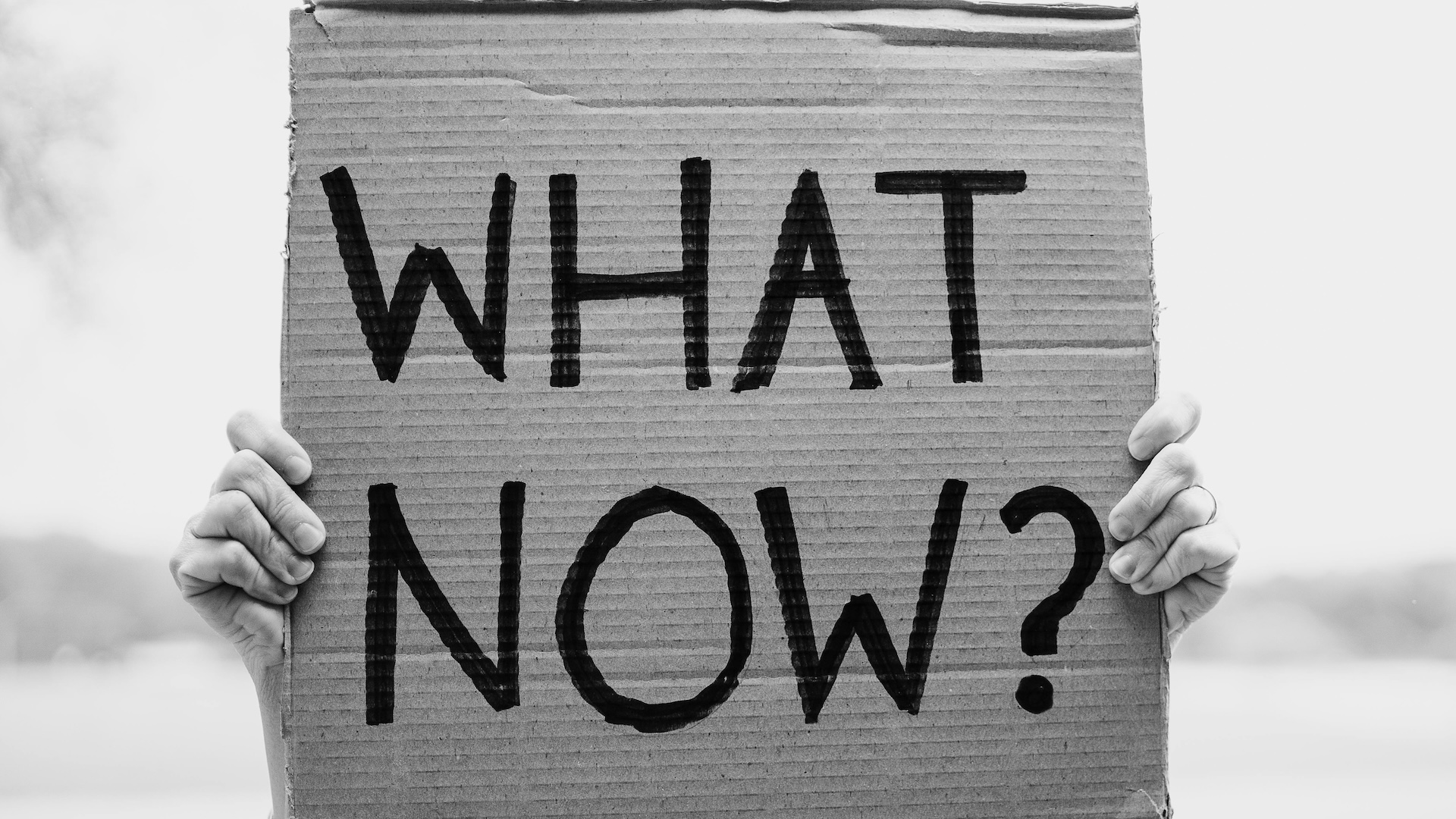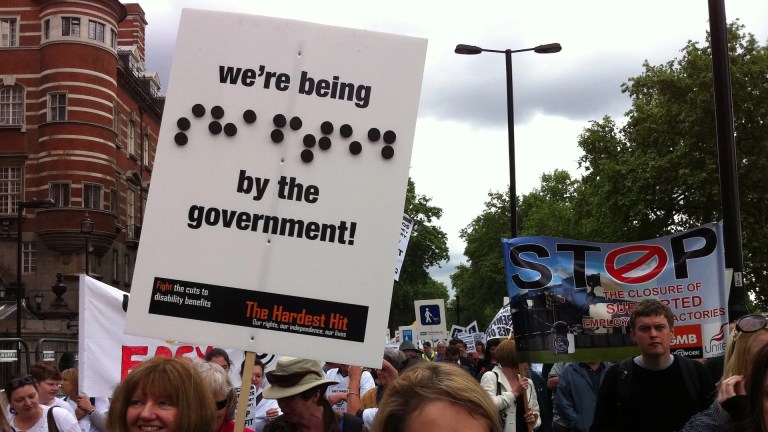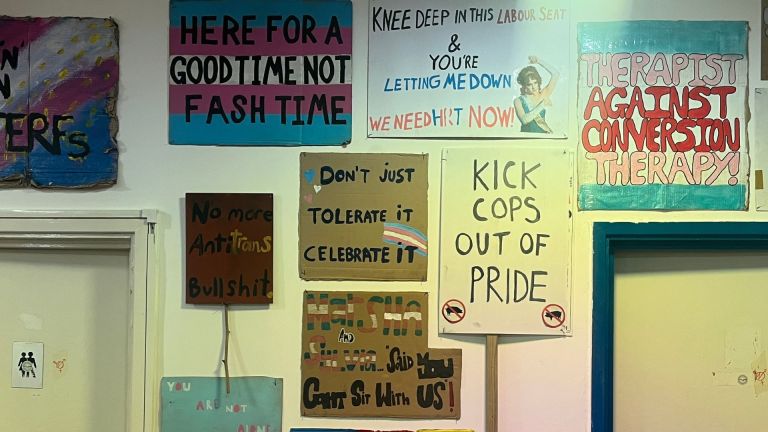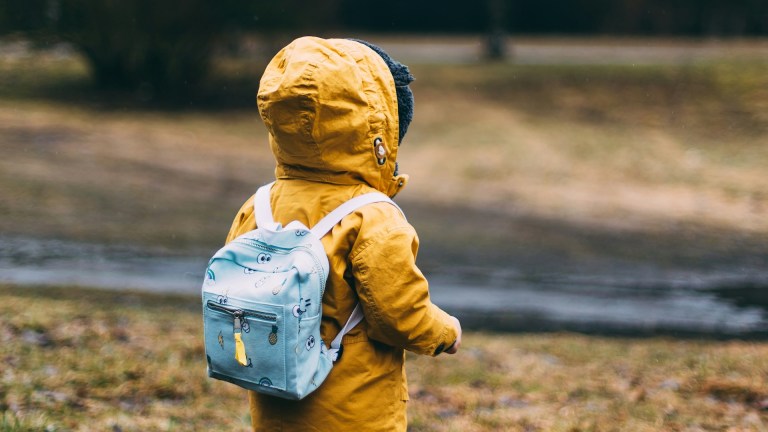PIP is not an out of work benefit – instead, it is designed to help people with health conditions cover the extra costs they face for daily living and mobility issues. But the government plans to tighten the eligibility criteria for the daily living element with the hope of pushing people into work, with an estimated 800,000 people likely to lose this part of the benefit.
“The trauma our clients have is often complex. It’s never just one trauma. It’s being arrested, detained, tortured, the journey here. They are dealing with a lot. They often present with complex mental health conditions – PTSD, depression, anxiety,” Iqbal says.
She explains that disability benefits such as PIP and the health element of universal credit – which is set to be frozen for current claimants and slashed in half for new claimants – are a “lifeline” that allow people to engage with treatment. Financial support helps them live more independently, Iqbal says, which means they are in a better place to join the workforce.
“If you’re worried about how you’re going to feed yourself, if you’re worried about where you’re going to stay the night, if you’re worried about being returned to your country where you could experience torture, you cannot engage in therapy,” Iqbal explains.
Freedom from Torture is urging the government to enable disabled torture survivors and others with long-term health conditions to “live independently and to participate fully as members of our communities” – instead of “taking life-changing support away from people who need it”.
A spokesperson for the Department for Work and Pensions (DWP) said: “We have been clear that protecting people in need is a principle we will never compromise on. The social security system will always be there for those with severe health conditions, and we will introduce a new premium for those who will never be able to work.
Advertising helps fund Big Issue’s mission to end poverty
“Our reforms will unlock work for sick and disabled people who can and want to be in employment– backed by a £1bn support offer to guarantee tailored help into work – ensuring they are supported to live with dignity and independence, whilst making sure that everyone who can realise the benefits of work is expected and supported to do so.”
However, despite promises of support and protection, there remains significant anxiety about the reforms. Iqbal says that clients have approached the service with fears about how the disability benefits cuts might impact them.
“I’m really concerned about the tightening of the eligibility criteria for PIP,” Iqbal says.
Individuals will have to score at least four points in one of the daily living activities to get PIP, whereas currently people only have to score eight points across all eight daily living activities in order to get the standard rate. It means that 16% of people will lose at least some of their PIP.
“There’s a big focus on mental health. People with mental health [conditions] might be able to get in and out of the bath, but they might not be able to get out of bed or into the bathroom to wash themselves. They might not be able to use a cooker,” Iqbal adds.
“For people with PTSD, lighting a gas stove can be triggering. It might be knives or smells of certain food. They might have dissociation, flashbacks. They might be physically able to go and put a pot on the stove, but there’s other things that might limit their daily living, which means that they can’t eat.”
Advertising helps fund Big Issue’s mission to end poverty
Iqbal explains that the PIP assessment process is “tough and gruelling” for survivors of torture, and assessors can ask “difficult questions” which risk re-traumatising survivors.
She says she has had clients denied PIP “where there is clearly need”, and “some of the decision making and rationale are ludicrous”. People who are denied the benefit have to go through “months and months” of mandatory reconsideration and appeal.
The majority of appeals (69%) are won by the claimant when taken to tribunal, but Iqbal explains that “a lot of people won’t go through mandatory reconsideration or appeal, because they just think they’ve been refused”.
“It’s not an easy system, and I think what’s going to happen is that it’s going to become even more complicated,” says Iqbal. “I’m worried it’s going to become even harder.”
Do you have a story to tell or opinions to share about this? Get in touch and tell us more. Big Issue exists to give homeless and marginalised people the opportunity to earn an income. To support our work buy a copy of the magazine or get the app from the App Store or Google Play.










